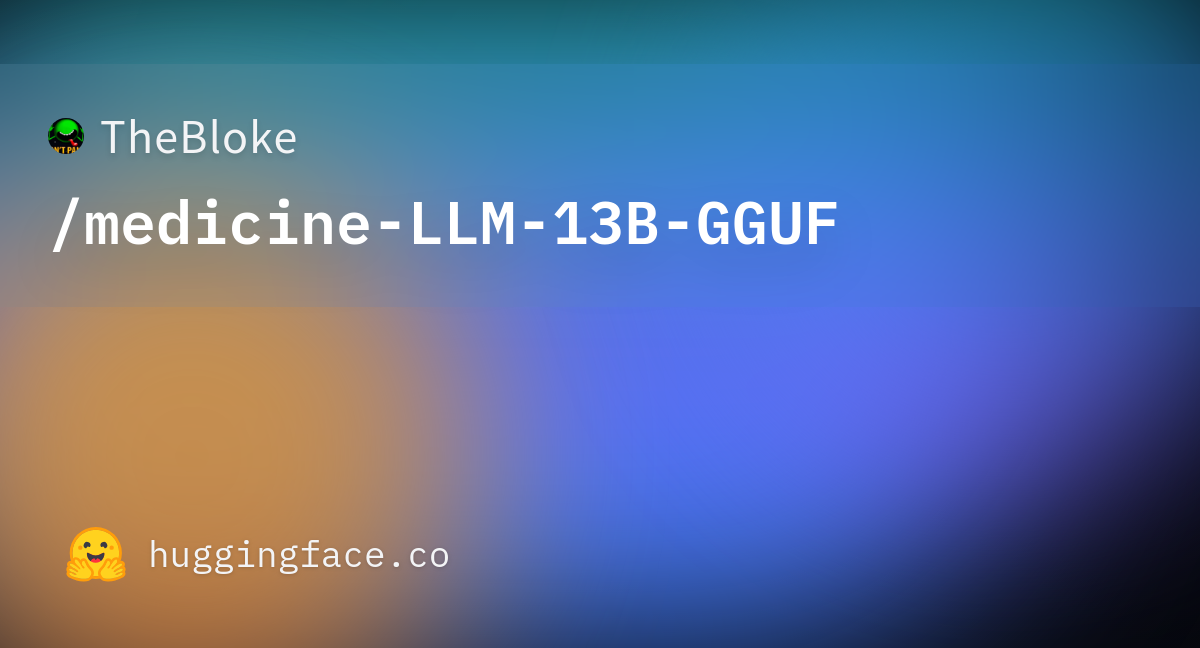In a bid to address the increasing integration of generative AI models into healthcare settings, Hugging Face, a leading AI startup, has joined forces with Open Life Science AI and the University of Edinburgh to introduce Open Medical-LLM. This groundbreaking benchmark seeks to provide a standardized method for evaluating the efficacy and reliability of generative AI models when tasked with medical-related challenges.
The landscape of healthcare AI is rapidly evolving, with proponents advocating for the adoption of AI models to streamline processes and uncover insights that traditional methods may overlook. However, critics highlight the inherent flaws and biases present in AI models, raising concerns about their potential impact on patient outcomes.
Open Medical-LLM represents a significant step towards addressing these concerns by offering a quantitative framework for assessing the performance of generative AI models across a spectrum of medical tasks. Drawing upon existing test sets such as MedQA and PubMedQA, the benchmark encompasses a diverse range of medical domains, including anatomy, pharmacology, genetics, and clinical practice.
Through a series of multiple-choice and open-ended questions inspired by real-world medical scenarios and examination materials, Open Medical-LLM challenges AI models to demonstrate proficiency in medical reasoning and comprehension. By providing a comprehensive evaluation tool, the benchmark aims to empower researchers and practitioners to identify strengths and weaknesses in AI models, driving further advancements in the field and ultimately enhancing patient care and outcomes.
While Hugging Face touts Open Medical-LLM as a robust assessment tool, cautionary voices within the medical community emphasize the importance of real-world validation. Liam McCoy, a resident physician, highlights the inherent disparities between controlled testing environments and the complex dynamics of clinical practice. Similarly, Hugging Face research scientist Clémentine Fourrier stresses the necessity of rigorous real-world testing to validate the efficacy and relevance of AI models in healthcare settings.
The introduction of Open Medical-LLM evokes memories of previous attempts to integrate AI technologies into healthcare systems. Google's AI screening tool for diabetic retinopathy serves as a cautionary tale, highlighting the challenges of translating theoretical accuracy into practical implementation. Despite its potential to revolutionize healthcare delivery, the adoption of generative AI models poses unique testing complexities, with no approved devices utilizing such technology to date.
While Open Medical-LLM offers valuable insights into the capabilities of generative AI models in healthcare, it serves as a stark reminder of the importance of real-world validation in AI-driven healthcare applications. As the industry continues to harness the power of AI to improve patient care, rigorous testing and validation remain essential to ensure the safety, efficacy, and ethical integrity of AI-driven solutions in clinical practice.





